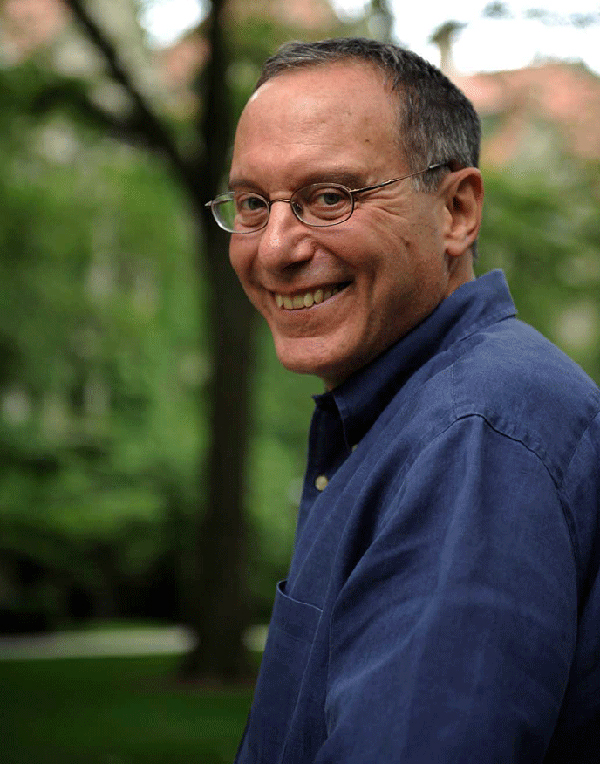Final Mudd Lecture of the Academic Year to Feature Professor and Author Jonathan Lear Lear's talk, which is free and open to the public, is titled “What Would It Be to Mourn Gettysburg?"
Jonathan Lear, the John U. Nef Distinguished Service Professor at the Committee on Social Thought and professor in the department of philosophy at the University of Chicago, will deliver a public lecture on March 14 at 5 p.m. in Stackhouse Theater. Lear is the final speaker in this year’s Mudd Center for Ethics’ series on “The Ethics of Identity.”
His talk, which is free and open to the public, is titled “What Would It Be to Mourn Gettysburg?”
“Professor Lear is a profound commentator on the human psyche,” said Brian Murchison, director of the Mudd Center. “His writings engage philosophy, literature and psychology in order to work out what he calls the logic of the soul. He will be an outstanding speaker to conclude our year-long inquiry into the ethics of identity.”
Lear trained in philosophy at Cambridge University and The Rockefeller University where he received his doctorate in 1978. He works primarily on philosophical conceptions of the human psyche from Socrates to the present. He also trained as a psychoanalyst at the Western New England Institute for Psychoanalysis.
He has authored multiple publications and his most recent books are “Wisdom Won From Illness: Essays in Philosophy and Psychoanalysis” and “The Idea of a Philosophical Anthropology: The Spinoza Lectures.”
He is a recipient of the Andrew W. Mellon Foundation Distinguished Achievement Award and in 2014 he was appointed the Roman Family Director of the Neubauer Collegium for Culture and Society and continues in that role currently. He is a Fellow of the American Academy of Arts and Sciences.
The Mudd Center was established in 2010 through a gift to the university from award-winning journalist Roger Mudd, a 1950 graduate of W&L. When he made his contribution, Mudd said that “given the state of ethics in our current culture, this seems a fitting time to endow a center for the study of ethics, and my university is the fitting home.”
For full details on this series, visit the Mudd Center webpage.
 Jonathan Lear
Jonathan Lear
You must be logged in to post a comment.